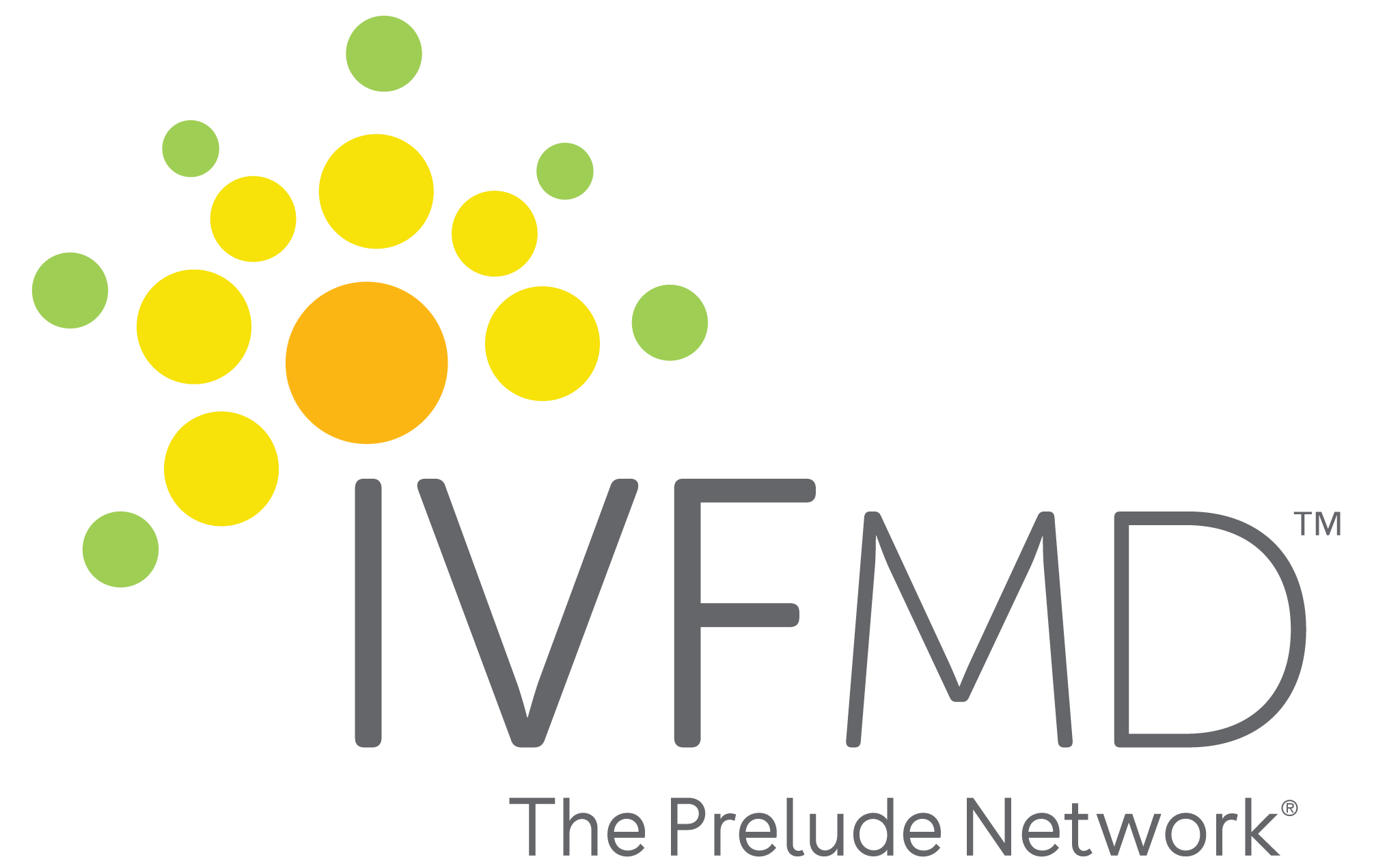Does Elevated Cholesterol Hamper Your Fertility?
Your doctor usually orders the standard tests to rule out possible causes of infertility, but one is often left out: lipid panel, or in less fancy terminology, cholesterol.
If you don’t remember the last time your doctor mentioned your cholesterol numbers, and you are now facing fertility issues, it is high time to check your levels. A fertility study published in the Journal of Clinical Endocrinology & Metabolism included 501 couples with mean ages of 30 for the women and 31.8 for the men. The overall Body Mass Index (BMI) of the participants was 27.6 for women and 29.8 for men–overweight, but not obese. Of the 501 couples, only 347 of them achieved pregnancy.
Researchers found that free cholesterol levels in both women and men were significantly higher among the couples that did not achieve pregnancy within a year. Elevated cholesterol is associated with an inflammatory body state which affects the inner walls of the blood vessels (the endothelium) – thus, impairing the normal blood flow, called vasodilatation. This cellular inflammation impairs metabolism, sex hormones, and overall circulation. This can negatively affect, among other things, the health of egg and sperm cells, as some studies suggest.
Are you getting the “right” fats?
You may not have a diet high in cholesterol – (when was the last time that you had eggs?) – but that doesn’t mean your cholesterol levels are not high. Dietary cholesterol does not impact total cholesterol levels as much as overall intake of saturated fats, refined carbohydrates and trans fat. High intake of these substances sets up the environment for cholesterol to be oxidized, which is when plaque starts building up in the arteries. Equally, it may not be what you are eating, rather what you are NOT eating that could be the problem.
When substituting saturated fats for anti-inflammatory fats such as omega-3 fatty acids and mono-unsaturated fats along with fiber, you will not just regulate better cholesterol levels, but it will also help you lose visceral fat. This is the most dangerous type of body fat due to the pro-inflammatory components it releases. Visceral fat harms not just your heart, pancreas, and other organs, but also your family goals as it is a problem for both women and men.
Better eggs!
One of the biggest challenges to fertility – both natural and assisted – is advanced maternal age. As women age the egg quality can be highly affected. How to improve women’s egg reserves remains a medical challenge. However there is something that you can do now to improve egg quality. A study published in Aging Cell demonstrated that women who consumed a diet rich in omega-3 fatty acids prolonged egg quality. Conversely, the study found that a diet rich in omega-6 fatty acids is associated with poor egg quality.
Essential fatty acids are polyunsaturated fats that our bodies can’t produce, so we must obtain them from food. The two groups of EFAs are omega 3s and omega 6, both of which are important for regulating and improving energy production in the body, cell growth, blood circulation, nerve function, hormone function and strengthening the immune system. The problem is that the Western diet is already high in the “pro-inflammatory” omega 6 fatty acids. Evidence shows a disproportional ratio between omega 3 and omega 6, some as high as 1:10. Ideally, omega 3 to 6 ratio should be 1:1.
Eating a diet high in omega 6 can create an imbalance of the two EFAs because they both omega 3 and 6 compete for the same enzymes that metabolize them. The omega 6 will use up all the metabolizing enzymes making them unavailable for omega 3 metabolism and absorption.
So, if you have elevated cholesterol, do not look for a quick fix with cholesterol lowering drug medication just yet. These may bring on other unhealthy side effects, particularly unwelcome when trying to get pregnant. Instead, focus on some dietary and overall lifestyle changes that will truly make you healthier from the inside out. For example:
- Increase food sources of omega-3 fatty acids such as salmon, pacific halibut, black cod, and nuts and seeds such as walnuts and flaxseeds.
- Favor mono-unsaturated fats such as olive oil, nuts, avocado and sunflower seeds.
- Reduce the intake of omega-6 fatty acids like soybean, corn and safflower oil.
- Avoid saturated fats and trans fat found in fatty meats, full-fat dairy, and processed foods such as cookies, snack bars, chips, pastry, etc.
Increase the intake of high-fiber foods such as apples, raspberries, oatmeal, lentils, barley, and split peas, among others. - Get plenty of food high in vitamin C like broccoli, kiwi, pineapple, strawberries, asparagus, etc.
- Mooo: include food high in calcium such as Greek non-fat yogurt, low-fat cheese, kale, almonds, and broccoli.
- Amp up the intake of antioxidants, particularly resveratrol (which does not have to come from red wine as it is also found in peanuts and grapes.)
- It doesn’t hurt to add some probiotics. Make sure the yogurt you buy has “live and active cultures” on the label. Studies show that that these gut microorganism may inhibit intestinal cholesterol absorption.
Equally important is to check your vitamin D blood levels, (which some studies have linked to elevated cholesterol when the sunshine vitamin is low) as it may increase the High Density Lipoprotein (HDL) or good cholesterol. Also mind other lifestyle components when trying to lower your cholesterol numbers: stress management, sleep hygiene, and physical activity.
I hope you take note and start working on this cholesterol issue now. In the end, these changes will make a healthier YOU and, hopefully, a healthier family!




